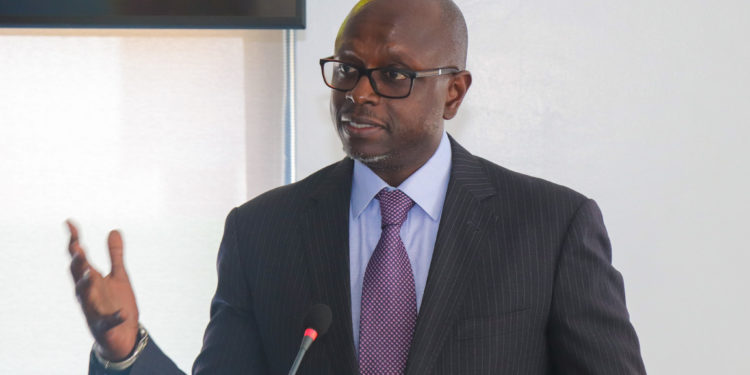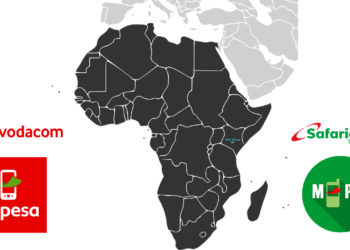In business, chasing bold ideas can lead entrepreneurs down unexpected paths. Such has been the experience of Peter Njonjo, founder of agricultural firm Selu Group and former CEO of B2B e-commerce platform Twiga Foods.
In a candid Medium post, Njonjo reflected on his journey pursuing an “audacious vision” of modernizing and integrating African food systems using technology.
It began in 2015 when Njonjo traveled to Israel to learn commercial-scale banana ripening techniques for Twiga, which had recently closed its first financing round.
“What I learnt transformed my thinking,” Njonjo wrote. “In agriculture, the soil really does not matter, it is just a medium to hold the plant and as a farmer, you give the plant what it needs!”
Njonjo returned to Kenya eager to use technology to link food production and consumption, hoping to boost local farming and curb food insecurity. But he soon encountered the world of venture capital, where “rapid growth and dizzying valuations” enabled reimagining entire industries. Between Twiga, Copia and Wasoko, over $500 million poured into digitizing and streamlining Kenya’s vast informal retail sector.
Yet Njonjo worried little investment targeted agricultural production, which comprises 22% of Kenya’s GDP but receives under 3% of bank lending.
“I needed to find a way to channel investment into production of food, because without the modernization of farming, local production will continue struggle in meeting the demands of a fast growing and young population,” he wrote.
So in a bold move, Njonjo convinced Twiga’s board to build a showcase tomato and onion farm to reduce reliance on imports from Tanzania and beyond. “Farming with venture capital was tough,” Njonjo reflected, but the experience put modern farming on governments’ radars. Officials in Ivory Coast and Kenya approached Twiga about large-scale local production projects.
But Twiga lacked bandwidth, forcing Njonjo to relinquish the Ivory Coast opportunity. Undeterred, he obtained board approval to personally develop a government maize farming venture in Kenya’s Tana River region. “If It’s Meant to Be, it’s up to Me,” Njonjo recalled thinking. He assembled experts under a company called Selu Group, which he said is “well on our way to transforming the farming of maize in Kenya.”
Meanwhile, Njonjo led a $35 million Twiga funding round that closed last November. But after developing a unifying strategy for shareholders, he found himself burnt out and stepped down as CEO and board member in late 2022.
Now Njonjo plans to focus on entrepreneurship and investing. But the publicity surrounding his decisions has been “quite a surprise,” he wrote. “In life, we all must find our ‘raison d’etre’ our reason for being, and when you find it, pursue it diligently,” he added.
Njonjo concluded saying he has found his real purpose (raison d’etre) in transforming African agriculture. He opined even though people will criticize him, he believes entrepreneurs need to stay mentally strong and keep pursuing their goals.

















